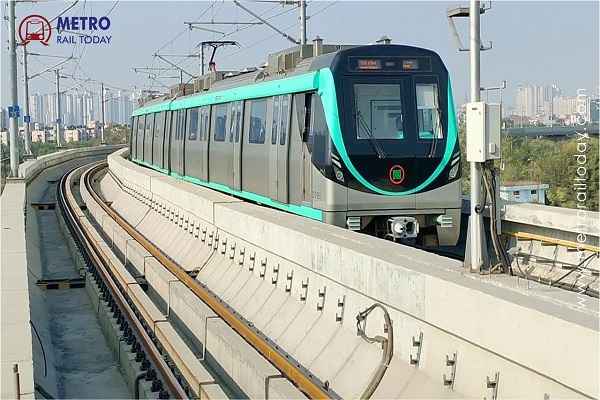 Ayesa India wins Design Consultancy Contract for Noida Metro Aqua Line Extension
Ayesa India wins Design Consultancy Contract for Noida Metro Aqua Line Extension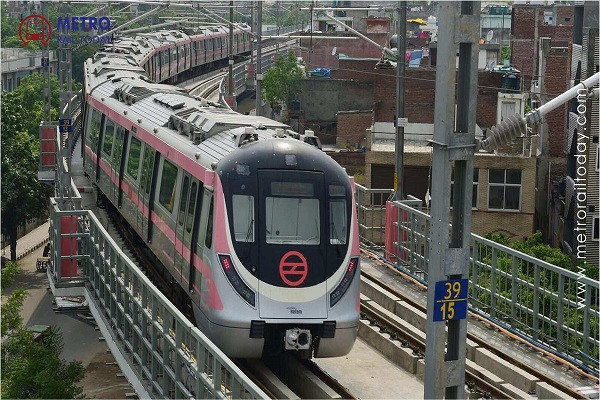 Vossloh Cogifer bags Track Infrastructure Contract for Delhi Metro Phase 4 Corridors
Vossloh Cogifer bags Track Infrastructure Contract for Delhi Metro Phase 4 Corridors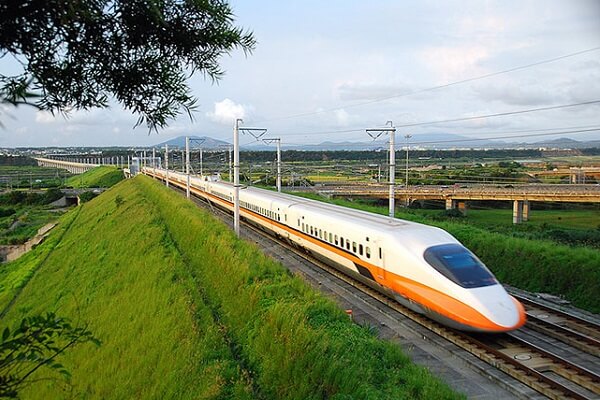 Railway finalised revised alignment for ₹16,000-crore Pune–Nashik Semi High-Speed Rail Corridor
Railway finalised revised alignment for ₹16,000-crore Pune–Nashik Semi High-Speed Rail Corridor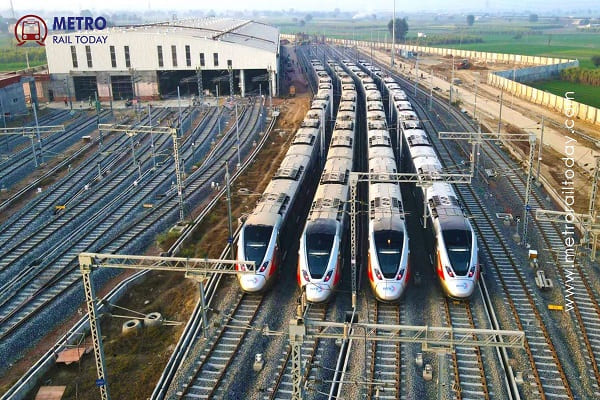 India’s First High-Speed, Signalling-Integrated CMV launched for Namo Bharat RRTS Corridor
India’s First High-Speed, Signalling-Integrated CMV launched for Namo Bharat RRTS Corridor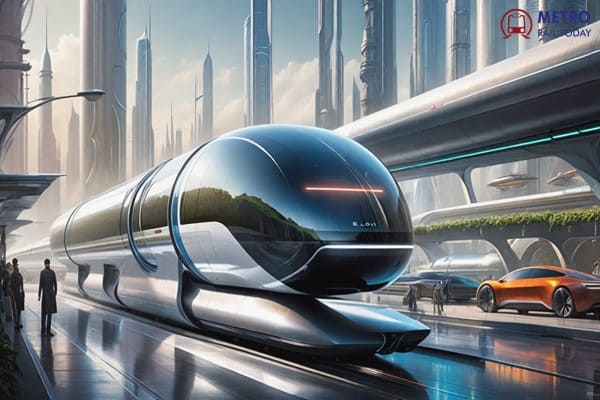 TuTr Hyperloop secures First-Ever Order from Deendayal Port Authority
TuTr Hyperloop secures First-Ever Order from Deendayal Port Authority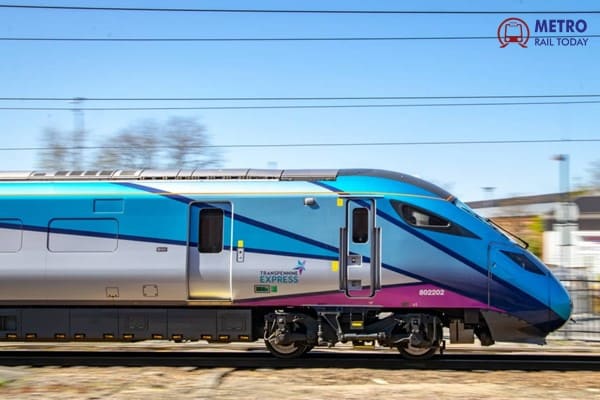 BEML bags ₹157 Crore Order from Loram Rail for Switch Rail Grinding Machines
BEML bags ₹157 Crore Order from Loram Rail for Switch Rail Grinding Machines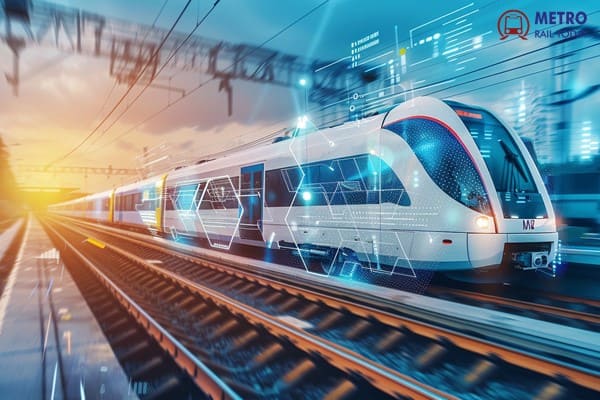 MxV Rail and KRRI forge Global Research Alliance to accelerate Next-Generation Rail Technologies
MxV Rail and KRRI forge Global Research Alliance to accelerate Next-Generation Rail Technologies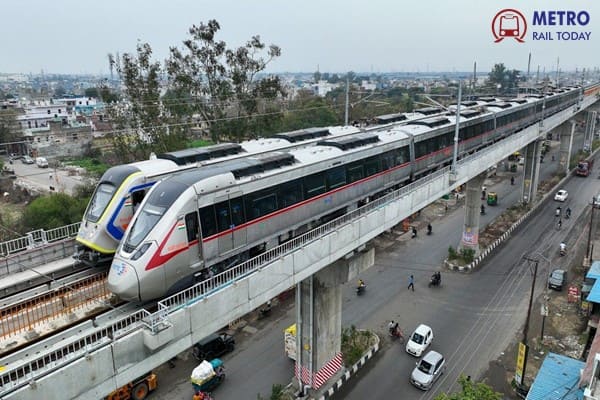 Uttarakhand seeks Pre-Feasibility Study for Meerut-Haridwar-Rishikesh RRTS Corridor
Uttarakhand seeks Pre-Feasibility Study for Meerut-Haridwar-Rishikesh RRTS Corridor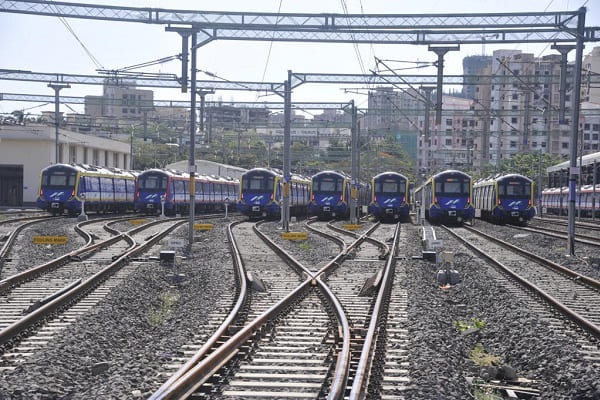 RIFTEK achieves major milestones in partnership with Indian Metro Rail Systems
RIFTEK achieves major milestones in partnership with Indian Metro Rail Systems Egypt all set to launch Alexandria Metro Phase 1 by 2026
Egypt all set to launch Alexandria Metro Phase 1 by 2026
The Importance of Metro Rail in the Modern World
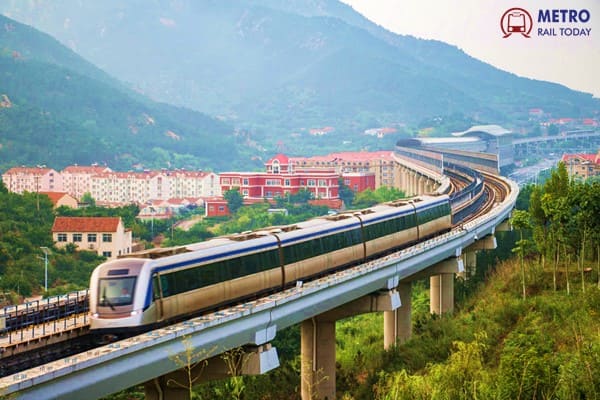
Metro rail transportation, also known as mass rapid transit (MRT), stands as a pivotal component of urban infrastructure in the modern world. With its fully segregated rail-based mass transit system, operating at grade, elevated, or underground levels, metro rail networks are instrumental in shaping efficient, sustainable, and accessible transportation systems in urban areas worldwide. Let's delve deeper into the significance of metro rail in modern cities, exploring its myriad advantages and positive impacts.
Efficiency and Capacity
Metro rails excel in efficiently moving large volumes of people over short distances, boasting capacities ranging from 40,000 to 80,000 passengers per hour per direction. This efficiency far surpasses that of buses or cars, making metro rail an indispensable mode of transportation for densely populated urban areas. With the ability to carry up to 50,000 passengers per hour, metro rails ensure swift and seamless mobility for urban commuters, alleviating congestion on roads and enhancing overall transportation efficiency.
Speed and Reliability
One of the hallmark features of metro rail systems is their remarkable speed and reliability. With average speeds of around 30-40 km/h, metro rails enable passengers to traverse long distances quickly and effortlessly. Moreover, metro rail networks boast impressive on-time performance rates exceeding 99% in many cities, providing commuters with a dependable means of reaching their destinations punctually. This reliability is paramount in fostering trust and confidence among commuters, contributing to the overall efficiency of urban transportation networks.
Safety and Environmental Sustainability
Metro rail systems prioritize safety and environmental sustainability, operating on dedicated tracks and employing electrically powered trains that produce zero emissions. This commitment to safety and environmental stewardship helps mitigate traffic accidents and reduce air pollution, contributing to improved public health and enhanced quality of life in urban areas. By promoting eco-friendly modes of transportation, metro rails play a pivotal role in combating climate change and fostering sustainable urban development.
Economic Development and Social Equity
Metro rail networks serve as catalysts for economic development, stimulating growth and prosperity in urban centers. By facilitating easy access to employment hubs and commercial districts, metro rails enhance connectivity and foster economic opportunities for residents and businesses alike. Furthermore, metro rails promote social equity by providing affordable and accessible transportation for all residents, irrespective of their income or social status. This inclusivity ensures that urban mobility remains equitable and accessible to diverse demographic groups, fostering social cohesion and community resilience.
Livability and Urban Sustainability
Metro rail systems contribute to the livability and sustainability of cities by reducing traffic congestion, air pollution, and reliance on private vehicles. By offering a convenient and eco-friendly alternative to car travel, metro rails enhance urban mobility while minimizing environmental impact. This, in turn, improves the overall quality of life for residents, making cities more attractive and desirable places to live, work, and visit. Additionally, metro rails enhance urban connectivity, fostering vibrant and dynamic urban environments conducive to social interaction, cultural exchange, and economic vitality.
Case Studies: Exemplifying Metro Rail's Importance
Across the globe, metro rail systems have revolutionized urban transportation, leaving an indelible mark on the cities they serve:
- New York City: The iconic metro system in New York City carries over 5 million passengers per day, significantly reducing traffic congestion and air pollution while enhancing urban mobility.
- London: With over 1 billion passengers per year, London's metro system supports the city's economy and enhances its livability, providing residents and visitors with efficient and reliable transportation options.
- Tokyo: Renowned for its efficiency and reliability, Tokyo's metro system carries over 8 million passengers per day, boasting an impressive on-time performance rate of over 99%.
- Delhi: Known for India's largest metro rail network with a total length of 350.42 kilometres, Delhi Metro carries average 2.5 million passenger daily. The Delhi Metro makes over 4,300 trips daily.
In conclusion, metro rail stands as a cornerstone of modern urban transportation, offering unparalleled efficiency, reliability, safety, and sustainability. With its capacity to promote economic development, social equity, and urban livability, metro rail continues to shape the future of transportation in cities around the world, ushering in a new era of mobility and connectivity.




